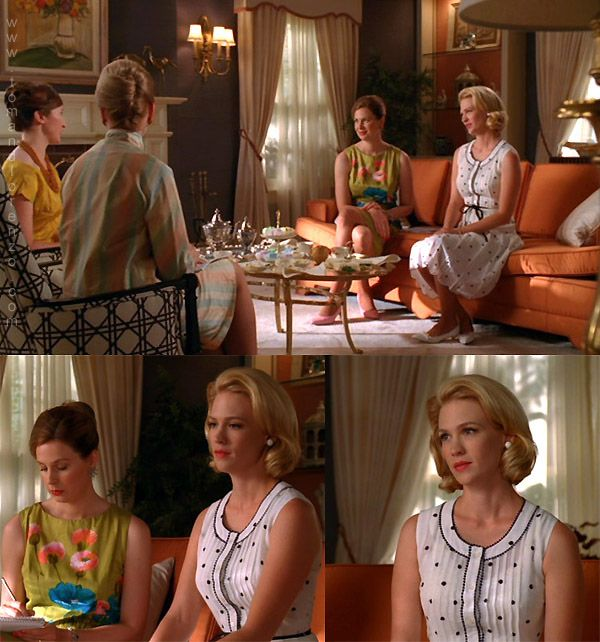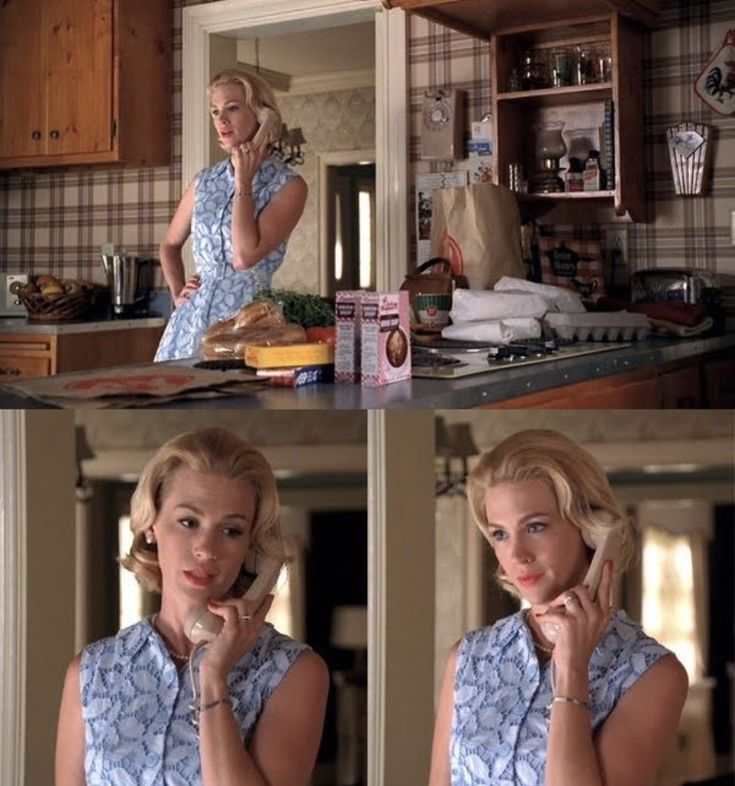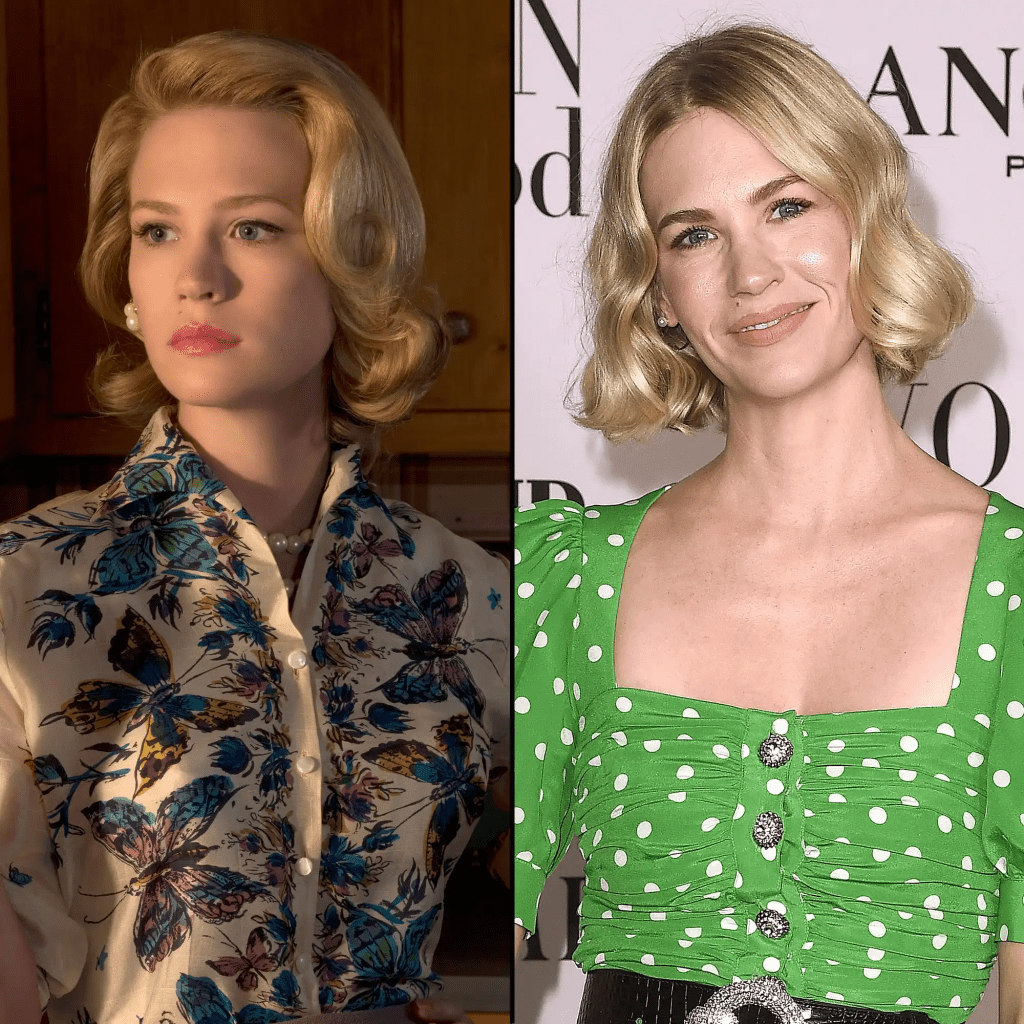
When reflecting on the golden age of television, January Jones’ portrayal of Betty Draper in Mad Men stands out as one of the most compelling performances of the era. As the elegant yet enigmatic wife of advertising titan Don Draper, Jones crafted a character who was equal parts grace and turmoil. Her work brought a depth to Betty that helped define the show’s legacy and continues to resonate with audiences today.
Betty Draper was not just a character; she was a lens through which viewers could examine the life of a mid-20th-century suburban housewife. Trapped by societal expectations, Betty represented the women who appeared to have perfect lives but battled internal struggles behind closed doors.
January Jones delivered this dichotomy with stunning accuracy. On the surface, Betty exuded poise and charm, but her moments of frustration, loneliness, and quiet rebellion revealed the emotional weight she carried. Jones’ ability to embody both sides of Betty created a character who was simultaneously admirable and deeply flawed.
Throughout Mad Men, Betty’s evolution captivated audiences. Starting as a reserved, almost archetypal housewife, she gradually revealed her complexities. Jones masterfully portrayed Betty’s personal journey—from navigating Don’s infidelities to confronting her own identity as a woman beyond her role as a wife and mother.
Key moments, such as Betty’s confrontation with Don after discovering his secrets or her decision to pursue her own ambitions, showcased Jones’ exceptional acting range. These scenes allowed viewers to empathize with Betty, even when her choices were controversial.
One of Jones’ greatest strengths in her portrayal was her use of subtlety. Whether it was a fleeting expression of sadness, a sharp glance, or a moment of silent contemplation, she made every scene resonate. Betty’s emotional repression was palpable, and Jones ensured that even in the quietest moments, her character’s struggles were deeply felt.

Beyond her emotional depth, Betty Draper became a symbol of 1960s elegance. January Jones brought this aesthetic to life with her natural grace and attention to detail. From perfectly coiffed hairstyles to meticulously tailored dresses, Betty’s style reflected the era’s ideals of femininity.
However, the beauty and perfection of Betty’s exterior were often at odds with her internal battles, highlighting the contrast between appearance and reality. Jones’ performance ensured that Betty was more than just a style icon—she was a character with substance and depth.
Jones’ portrayal of Betty Draper earned her widespread recognition, including Emmy and Golden Globe nominations. Critics lauded her ability to bring complexity to a character who could have easily been one-dimensional. Her work was instrumental in making Mad Men one of the most celebrated shows of its time.

Betty Draper remains a testament to January Jones’ talent as an actress. Her ability to blend elegance with emotional vulnerability created a character who continues to be remembered and discussed years after Mad Men ended. Jones’ work elevated Betty into a figure who transcended her time, making her relevant to modern discussions about gender roles and identity.

January Jones’ portrayal of Betty Draper in Mad Men is a masterclass in character acting. Through her nuanced performance, she brought a complex, multifaceted character to life, making Betty one of television’s most memorable figures. This role not only defined Jones’ career but also enriched the narrative of Mad Men, ensuring its place in television history.